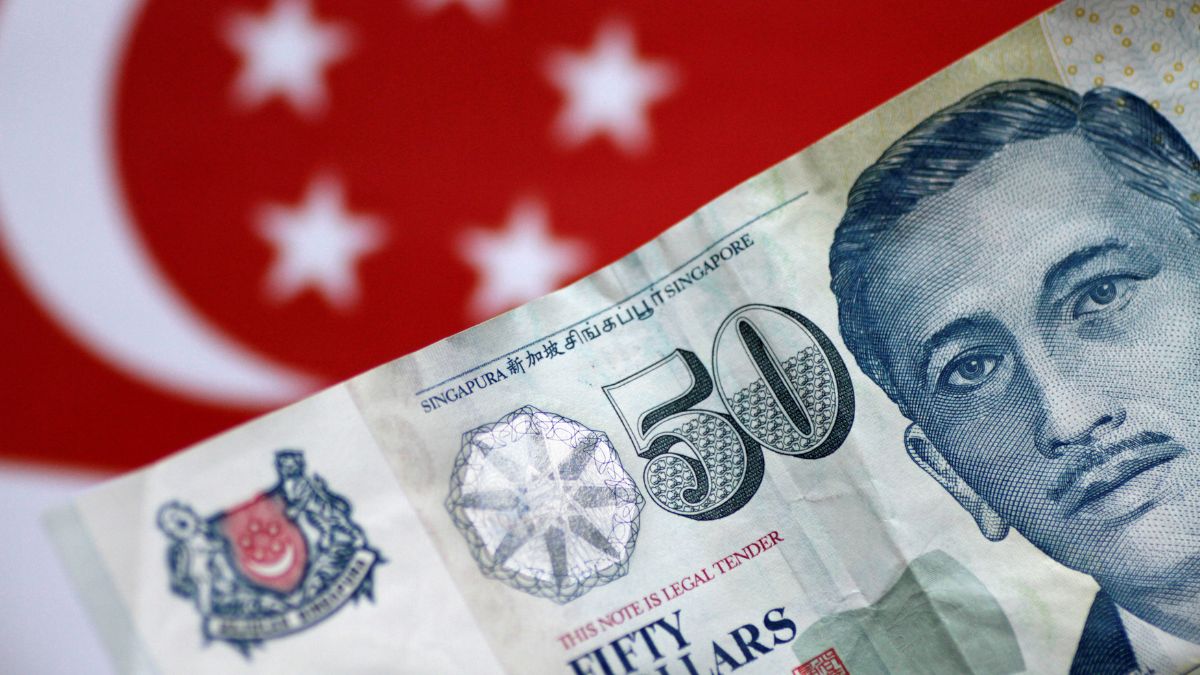Singapore has introduced a law to combat the rising tide of financial scams, empowering police to freeze bank accounts of potential scam victims as a last resort.
This move aims to stem the financial losses suffered by individuals, with scam cases becoming an alarming issue in the Southeast Asian nation.
What is Singapore’s Protection from Scams Bill?
The Protection from Scams Bill, passed on January 7, 2025, gives police and specified officers the authority to issue restriction orders to banks. These orders, designed to block transactions temporarily, will apply if there is reasonable belief that individuals are at risk of transferring money to scammers.
Scams have emerged as a grave concern in Singapore. Statistics reveal 26,587 scam cases in the first half of 2024 alone, leading to losses of S$385.6 million (US$283.34 million).
Victims lost a total of S$651.8 million in 2023 and S$660.7 million in 2022, reflecting the growing sophistication of scam tactics. Preliminary data from 2024 suggests an alarming increase, with scam-related losses rising by 40 per cent compared to the previous year.
Minister of State for Home Affairs and Social and Family Development Sun Xueling highlighted the urgency of this measure, stating, “Speed is of the essence in order to protect these individuals and minimise losses, which in some cases might involve all of the victim’s life savings.”
How do the restriction orders work?
Restriction orders allow authorities to suspend a victim’s ability to transfer funds, use ATMs, or access credit facilities, while ensuring access to daily living expenses.
Initially set for 30 days, these orders can be renewed up to five times, depending on the situation. However, after the maximum period, the responsibility shifts back to the individual.
Seven major retail banks, including DBS, OCBC, UOB, Maybank, Standard Chartered, Citibank, and HSBC, are automatically covered under the law. Other banks and financial institutions can also be included on a case-by-case basis.
Police will assess several factors before issuing restriction orders, such as whether the victim has already transferred money to a scammer or remains in active communication with one.
Sun Xueling noted, “The intent is to buy the police more time to engage and convince the individual that he is being scammed, including through enlisting the help of his family members.”
In cases where the victim persists in transferring money after the restriction orders have lapsed, the authorities stress that accountability must ultimately rest with the individual.
What about individual rights and privacy?
While the law aims to protect victims, it has sparked debate over personal agency and the potential for overreach. Members of Parliament highlighted concerns about the intrusive nature of freezing accounts.
Channel News Asia quoted Yip Hon Weng of the People’s Action Party who remarked, “Temporarily freezing someone’s account is a serious measure. It should only be justified by the need to protect vulnerable individuals.”
Suggestions for refinement included offering victims the ability to designate trusted administrators or introducing opt-out provisions. Non-constituency MP Hazel Poa proposed mandatory counselling sessions for victims before opting out of restrictions, while Sun Xueling assured safeguards are in place to ensure orders are used as a last resort.
To balance these concerns, the Ministry of Home Affairs (MHA) incorporated safeguards such as requiring that restriction orders only be issued when all other efforts to dissuade individuals have failed.
Victims can also appeal restriction orders to the Commissioner of Police, a process designed to be quick and efficient.
Does this solve the scam issue?
The MHA acknowledged that scammers might exploit non-banking platforms such as cryptocurrency exchanges, remittance companies, and e-wallet providers. It plans to collaborate with the Monetary Authority of Singapore to monitor scam tactics and potentially expand restriction orders to include these platforms.
“We recognise the risk that other platforms serve as intermediaries in the scam chain,” Sun Xueling said. “This is why we will continue working closely with stakeholders to ensure no loopholes are left unaddressed.”
Additionally, MPs highlighted the evolving nature of scams, many of which involve self-effected transfers where victims willingly send money to fraudsters.
These include government impersonation scams, investment scams, and internet love scams, which accounted for 86 per cent of scam reports and 94 per cent of losses from January to September 2024.
The police project issuing five to ten restriction orders each month, amounting to 60 to 120 annually. Though these numbers appear small compared to the estimated 50,000 scam cases reported annually, the authorities argue that these measures target high-value cases where substantial losses can be prevented.
While the new law marks a pivotal step in protecting victims, it is not a standalone solution. Authorities have stated the importance of public education and ongoing collaboration with financial institutions to tackle the root causes of scams.
Also Watch:
With inputs from agencies
)